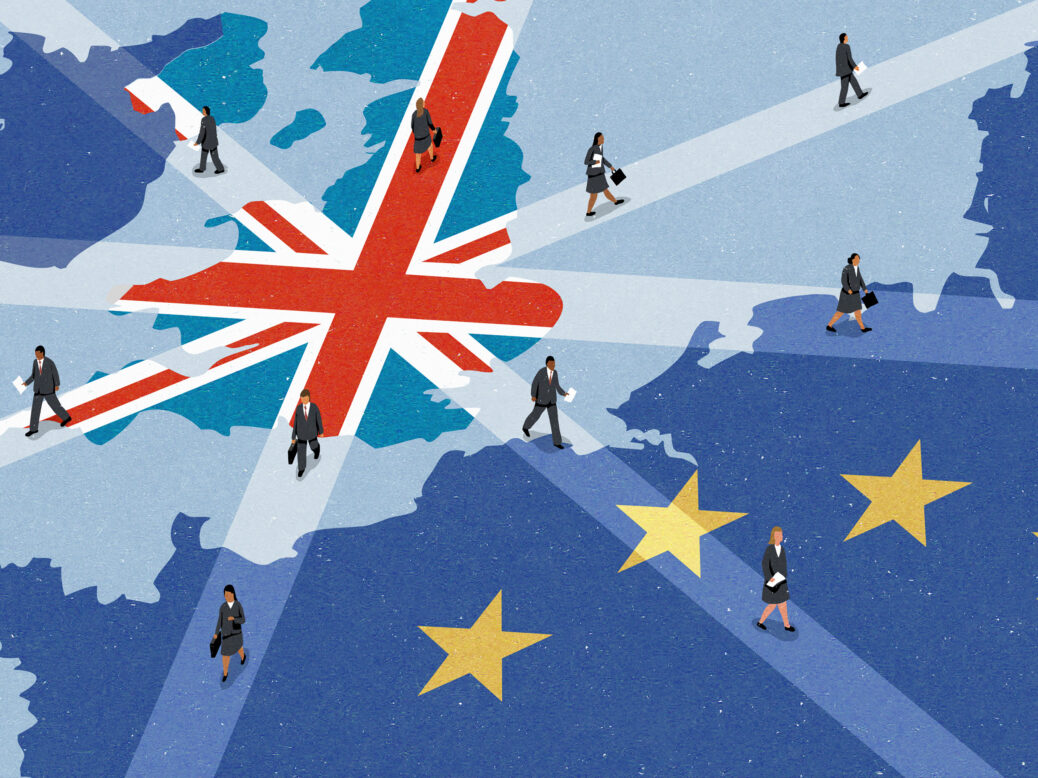
Labour shortages have intensified due to the dramatic fall in EU migration since Brexit, a new report from the Migration Observatory has revealed.
Data from the Office for National Statistics has shown that since the 2016 EU referendum, European migration to the UK has fallen by 72 per cent. By contrast, non-EU immigration has increased by 95 per cent.
This has exacerbated the UK’s staff shortages over the past year. The post-Brexit immigration system for migrant workers liberalised access to the UK labour market for non-EU citizens by lowering salary thresholds and skills requirements for work visas. However, this system introduced visa requirements for EU citizens who had previously been able to work in any job in the UK. This made many EU workers who would have wanted to work in low-wage occupations ineligible for work visas.
The EU migrant workforce has declined sharply in industries that were heavily reliant on freedom of movement, such as the hospitality and agriculture sectors. The hospitality sector saw a decline of 25 per cent in EU workers, and the agricultural sector saw a decline of 28 per cent.
[See also: Liz Truss’s National Insurance cut would do nothing for Britain’s poorest]





